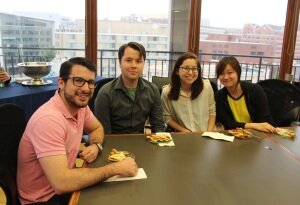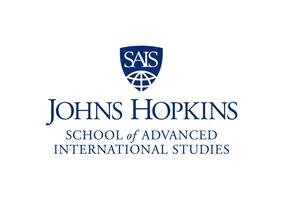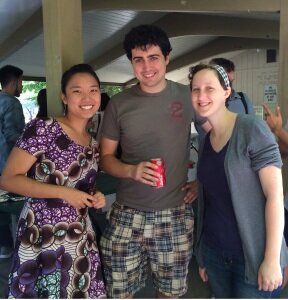 In response to growing demand for intensive study of political, security, and economic issues on the Korean Peninsula, SAIS opened its Korea Studies program in 2006, allowing M.A. students to concentrate in this area. The program has since grown and Korea Studies classes have become an integral component of the curriculum for students focusing on other parts of East Asia.
In response to growing demand for intensive study of political, security, and economic issues on the Korean Peninsula, SAIS opened its Korea Studies program in 2006, allowing M.A. students to concentrate in this area. The program has since grown and Korea Studies classes have become an integral component of the curriculum for students focusing on other parts of East Asia.
Korea Studies concentrators have the opportunity to deepen their understanding of the peninsula’s many unique issues through classes focusing on modern Korean history, economic development on the peninsula, South Korea’s democratization, and North Korea’s political system. Students are also expected to develop an understanding of Korea’s regional context, taking courses focused on other parts of Asia that will help them understand the strategic environment that both Koreas face.
Outside the classroom, Korea Studies students have access to the US-Korea Institute at SAIS (USKI) and its resources. Students participate in monthly student luncheons, are encouraged to work as research assistants and language partners for USKI staff and scholars, and are an essential part of the institute’s academic functions. In addition, students who enroll in the spring semester course “Korean Reunification and Asian Regionalization: Challenges and Prospects” conduct independent research projects on Korean issues that are supplemented by a trip to Seoul for fact-checking and further research. Reports of their findings are published online and in print as part of the SAIS US-Korea Yearbook.
“The Korea Studies program at SAIS offers a unique opportunity to develop both functional and regional expertise in international affairs, enabling students to gain exposure to broad international themes while also cultivating a sensitivity to the unique, useful, and diverse Korean experience. This is all the more important given the rising profile of Asia in world affairs.”
~ Rian Jensen, M.A. 2009

For more information about M.A. degree requirements at SAIS and the Korea Studies concentration, click here.




